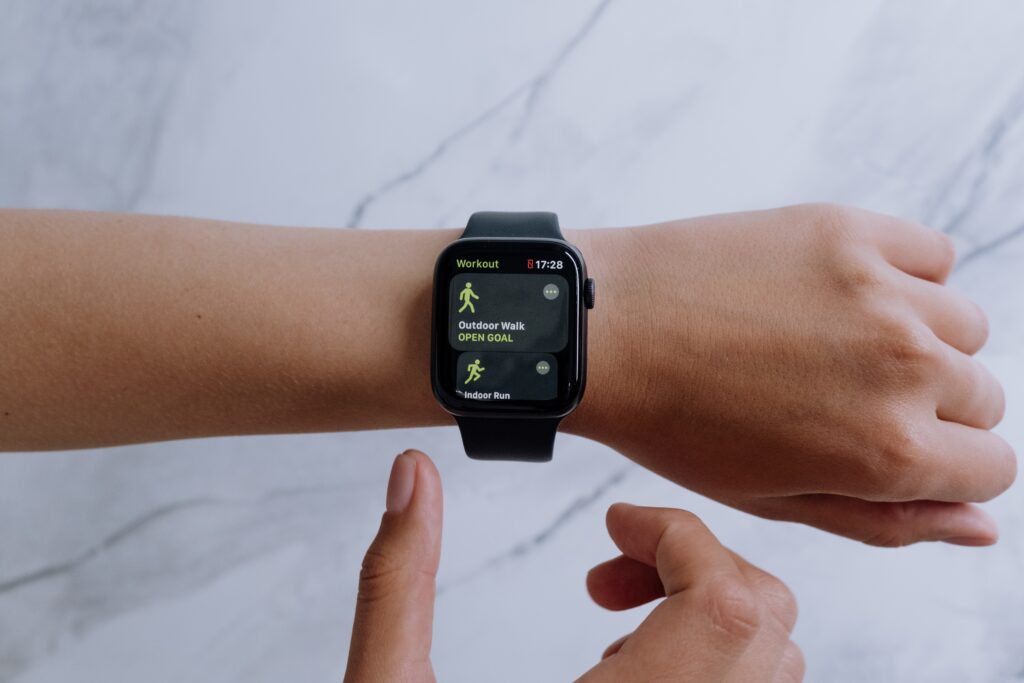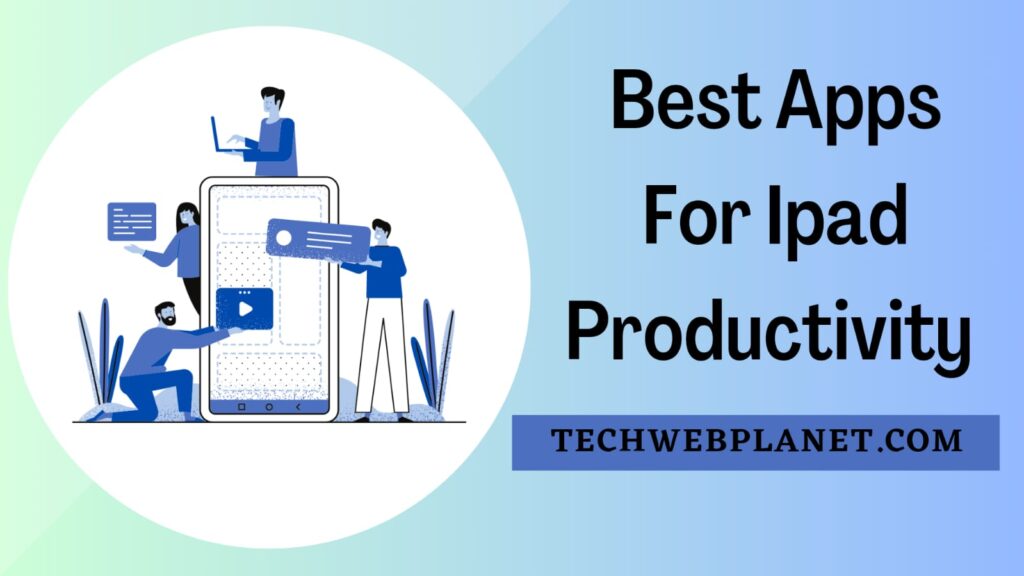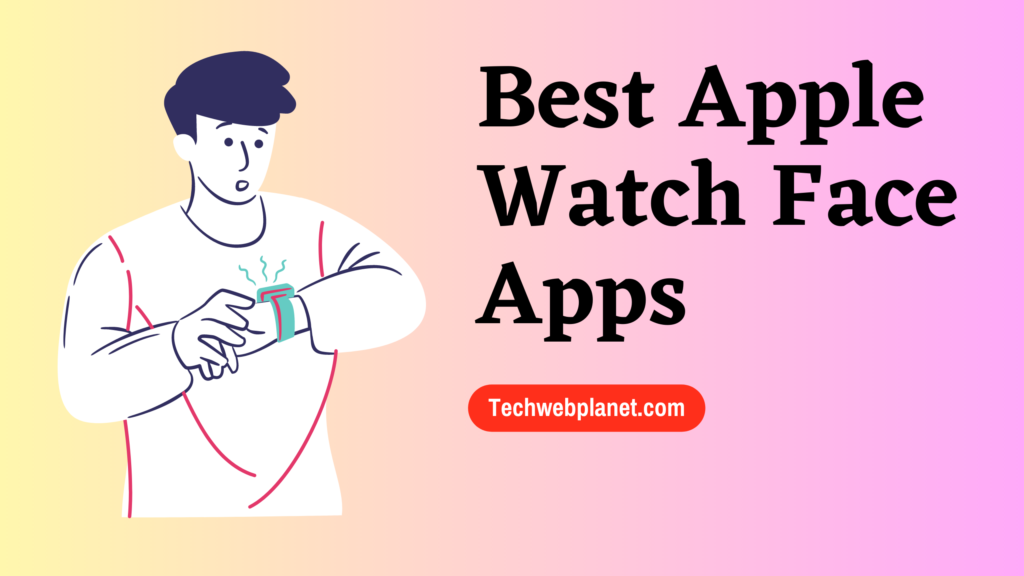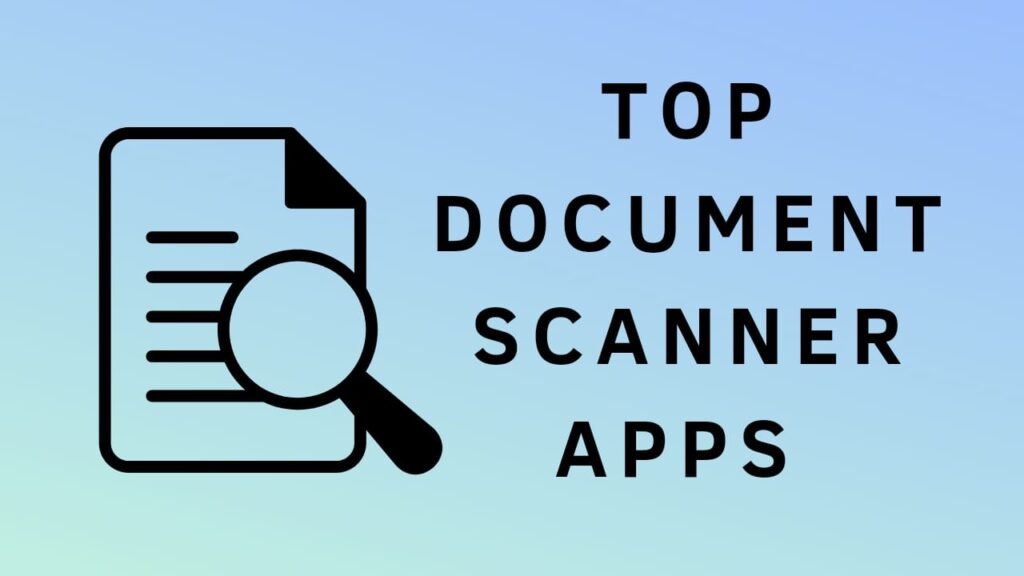Healthcare is one of the most important things in our lives. Nowadays ai ai is also integrated with the health-checking machine system to detect small to small diseases in the human body. Today we have taken a closer view of how AI can change the future of healthcare by preventing, diagnosing, and treating diseases, and improving healthcare systems. Discover the benefits and challenges of AI in healthcare and how you can get involved. let’s get a dive into this topic and get in-depth knowledge.
How AI can change the future of healthcare
We all want to be healthy and happy, and we need doctors, nurses, and other healthcare professionals to help us when we are sick or injured. But healthcare is also very complex and challenging. There are many problems that healthcare systems face, such as:
1. Growing demand: As people live longer and have more health problems, they need more healthcare services. But there are not enough healthcare workers to meet the demand. According to the World Health Organization, there will be a shortage of almost 10 million healthcare workers by 2030
2. Rising costs: Healthcare is very expensive, and it keeps getting more expensive every year. Many people cannot afford to pay for healthcare, and many healthcare systems struggle to provide quality care with limited resources.
3. Inefficiency and errors: Healthcare is not always easy or fast. Sometimes, patients have to wait a long time to see a doctor, get a diagnosis, or receive a treatment. Sometimes, mistakes happen, such as wrong prescriptions, misdiagnoses, or infections. These can cause harm to patients and waste time and money.
How can we solve these problems and improve healthcare?
One possible solution is to use artificial intelligence or AI. AI is a way of making machines or computers do things that need human thinking, like learning, solving problems, or making decisions. AI can help us with healthcare, in many ways. Here are some of the ways that AI can change the future of healthcare:
1. AI can help prevent diseases:
AI can use data from many sources, such as medical records, wearable devices, or environmental sensors, to find patterns and trends in health and disease. AI can then use this information to predict who is at risk of getting sick, and suggest ways to prevent it.
For example, AI can help people with diabetes manage their blood sugar levels, or help people with heart problems monitor their blood pressure. AI can also help people adopt healthier lifestyles, such as eating better, exercising more, or quitting smoking.
2. AI can help diagnose diseases:
AI can use data from tests, images, or symptoms, to find out what is wrong with a patient. AI can then use this information to suggest the best treatment or medication.
For example, AI can help doctors read X-rays, MRI scans, or CT scans, and detect signs of cancer, fractures, or infections. AI can also help doctors analyze blood samples, and identify diseases, such as malaria, tuberculosis, or HIV.
3..AI can help treat diseases:
AI can use data from research, trials, or outcomes, to find the most effective and personalized treatments for each patient. AI can then use this information to guide doctors, nurses, or pharmacists, in delivering the treatments.
For example, AI can help doctors plan surgeries, and use robots to assist them. AI can also help doctors prescribe drugs, and check for interactions, allergies, or side effects. AI can also help patients follow their treatments, and remind them to take their medicines, or do their exercises.
4. AI can help improve healthcare systems:
AI can use data from operations, finances, or feedback, to find ways to make healthcare systems more efficient and effective. AI can then use this information to help managers, administrators, or policymakers, in making better decisions.
For example, AI can help schedule appointments, and reduce waiting times for patients. AI can also help allocate resources, and reduce costs for healthcare systems. AI can also help improve quality, and measure performance, satisfaction, or impact of healthcare services.
As you can see, AI can change the future of healthcare in many ways. AI can help prevent, diagnose, and treat diseases, and improve healthcare systems. AI can also help healthcare workers, and make their jobs easier and more rewarding. AI can also help patients, and make their lives healthier and happier. AI can also help society, and make the world a better place.












